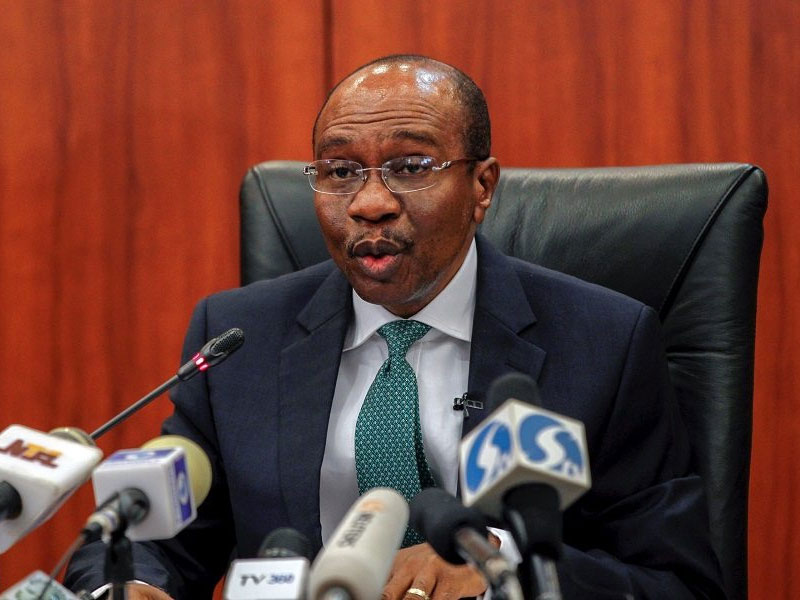The Central Bank of Nigeria will increase banks’ loan to deposit ratio to 70 per cent by 2020.
Hassan Bello, the CBN director, banking supervision department, gave the hint while speaking at the 2019 workshop for finance correspondents and business editors.
The event which was organised by the Nigeria Deposit Insurance Corporation had as it’s theme, “The Nigerian Banking System Stability: Tackling emerging issues.”
The CBN had on July 3, 2019, directed banks to maintain a minimum LDR of 60 per cent by September 30, 2019.
The LDR, which is being reviewed quarterly to improve lending to the real sector, was 58.5 per cent as of the end of May.
It has now been raised to 65 per cent for the last quarter of this year.
Bello said the introduction of the LDR has enhanced credit into key sectors of the economy, adding that by next, it would be raised to 70 per cent.
He said, “The Central Bank increased the minimum loan-to-deposit ration to encourage banks to lend and de-risk the real sector, particularly the SMEs.
“This is to encourage employment. Now, we are thinking of doing 70 per cent by the end of next year. Within the period that we have increased the LDR, industry lending has increased by over N1.1tn.”
Godwin Emefiele, the CBN governor, had while giving a breakdown of the loans disbursed under the LDR requirement said the manufacturing sector received the highest amount of N459.69bn.
This was followed by consumer loans of N356.66bn, general commerce N242.98; information and communications N82.07bn; construction N74.52bn; agriculture, forestry and fisheries N72.03bn; mining and quarrying N4.64bn and transportation and storage N0.9bn among others.
On the issue of non-performing loans in the banking sector, Bello said steps have been taken to reduce the number of delinquent debtors.
He said, “What we also did in the system to strengthen banking system stability, is the fact that so long as you are owing a bank, the bank you are owing can take the money in any of your accounts that you have money.
“You would have been made to sign the agreement before taking the loan. That is one of the measures to guard against risk in the system.
“Yes, there are vulnerabilities, but we do not foresee any systemic challenges in the banking industry, that would jeopardize the banking system.”
Tayo Babatolu, the director, bank examination department, NDIC, said a lot of initiatives have been implemented to reposition the banking sector to support the economic programmes of government.
He spoke on the topic, “Emerging Issues in the regulation and supervision of banks in Nigeria.”
Babatolu gave some of them to include the introduction of sustainable banking principles, code of corporate governance, implementation of a common financial year-end for banks, and increase in the deposit insurance cover for bank depositors for N500,000.
“There is a need for continuous improvement in our operations because banking is becoming more sophisticated.
